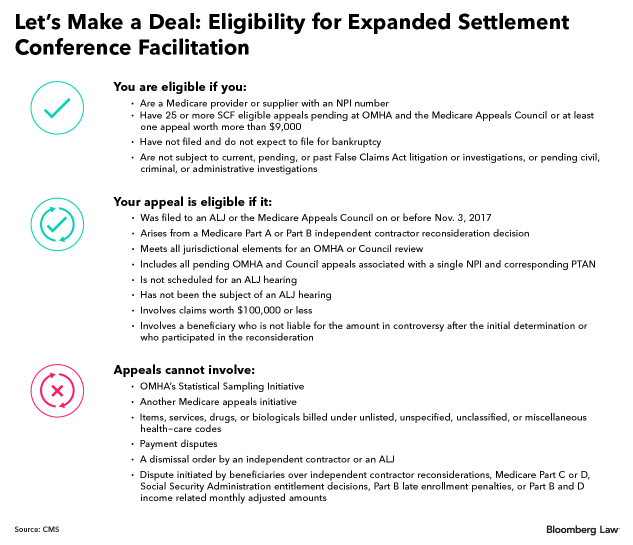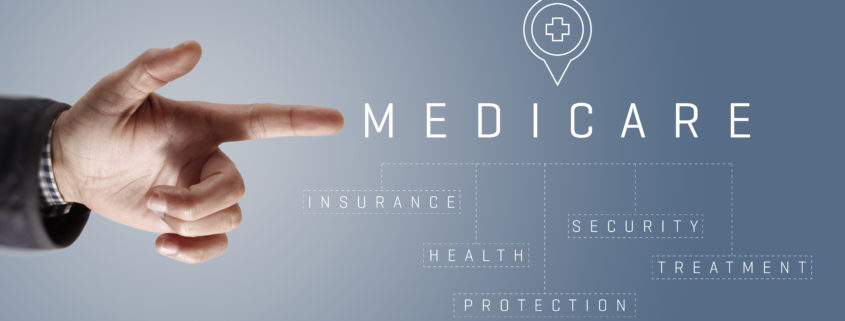The Latest Summer 2018 Medicare Updates You Need to Know About
Keeping up with the latest Medicare changes can seem like a task that never ends. Once you get familiar with the most recent changes, new ones roll out. As a provider, however, it’s pertinent that you stay up to date with these changes to ensure your practice is operating with the utmost compliance. Many practices are struggling with some of the latest changes, both in regards to how they impact medical practices and how to put the changes into effect. Let’s explore a few of the latest Medicare changes that providers need to know about.
Did You Receive the Latest Medicare Packet?
Hopefully, you received a 200+ page Medicare packet this past October of 2017. The packet went into full detail outlining the 2018 Medicare changes and how they impact patients. As new changes take place, you can expect to receive PDF updates. You should have received another packet titled Annual Notice of Changes for 2018, which applies to Medical Advantage recipients.
Patients Are Going to Receive a New Card
All Medicare recipients can expect to start receiving a new card in 2018. The rollout of new cards is expected to be completed by April of next year (2019). These new cards are being distributed to help combat medical identity theft and will not display patients’ social security numbers. Instead, it will be replaced by a unique identifying number called a Medicare Beneficiary Identifier (MBI).
As a provider, you need to be in contact with any vendors you use to bill Medicare and you need to ask them about their specific MBI changes and how it affects your practice management system. Starting in June of this year (2018), you will be able to look up patients’ according to their MBI numbers using secure Internet interfaces. It is also pertinent to understand that when the transition period begins in October of this year that you will submit claims using patients’ Health Insurance Claim Number (HCIN), and The Centers for Medicare & Medicaid Services (CMS) will provide admittance advice including both the HICN and the MBI.
To help expedite the use of these new cards, the CMS is distributing material to patients reminding them to bring their new cards to appointments. If for some reason a patient does not bring their new card, you as the provider will be responsible to work with other entities to obtain the information these patients need to access these cards and to acquire the MBI numbers to submit claims.
Alternative Dispute Resolution Process
In relation to Medicare, it’s also important to be aware of the new alternative dispute resolution process. The primary purpose of this new process is to decrease the backlog of cases that are facing the appeals process through the CMS. Below is a helpful guide that outlines whether or not you may meet the requirements to be approved for an appeal.

Image via BNA.com
Another highlight of the new alternative dispute resolution process is that it offers an express lane, called the SCF Express, which enables the CMS to offer a settlement to you based on preliminary data. If you choose, you can accept the offer within seven days and avoid having to go forward with the settlement conference process.
The Takeaway
This is only but a few of the Medicare 2018 changes that you need to be aware of as a provider. To learn about all of the changes, you should make sure to read through the packet that was mentioned at the beginning of this article and speak with other physicians to pinpoint effective ways to adapt to the changes in an effective and efficient manner.








